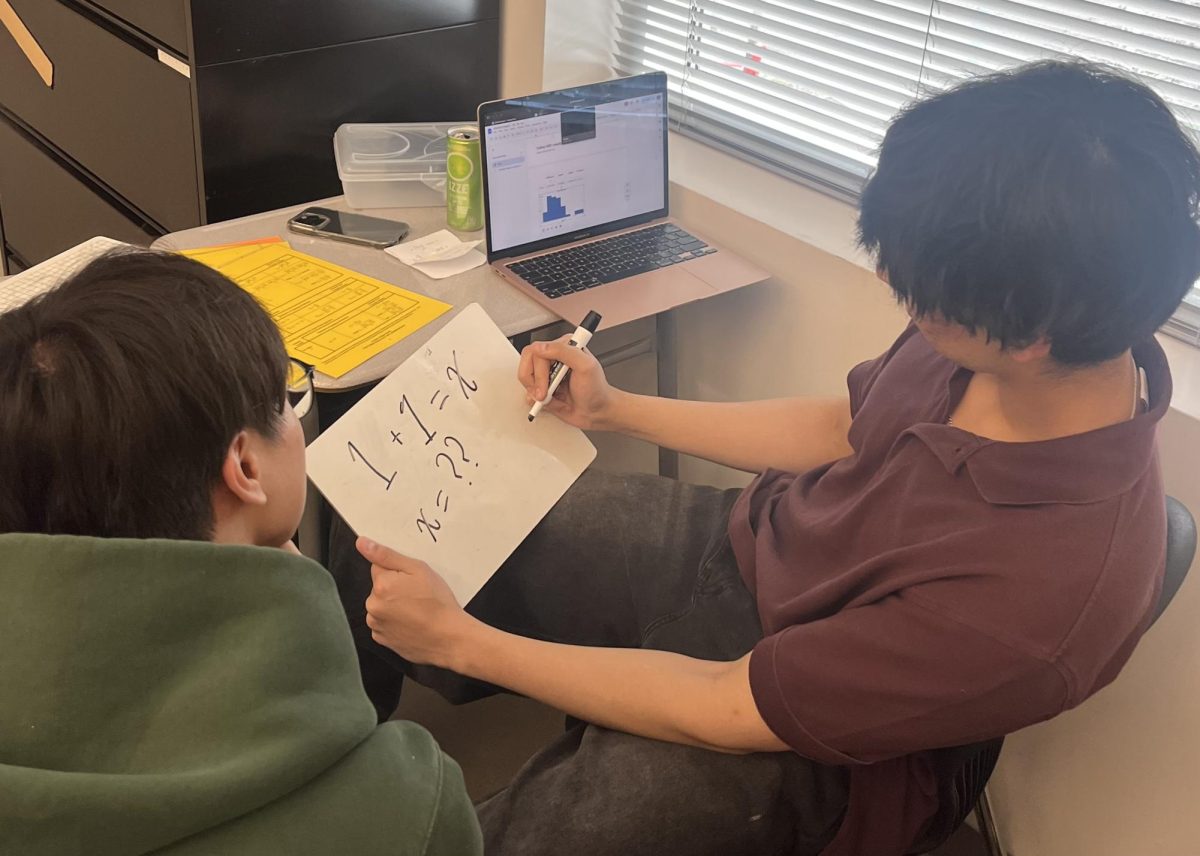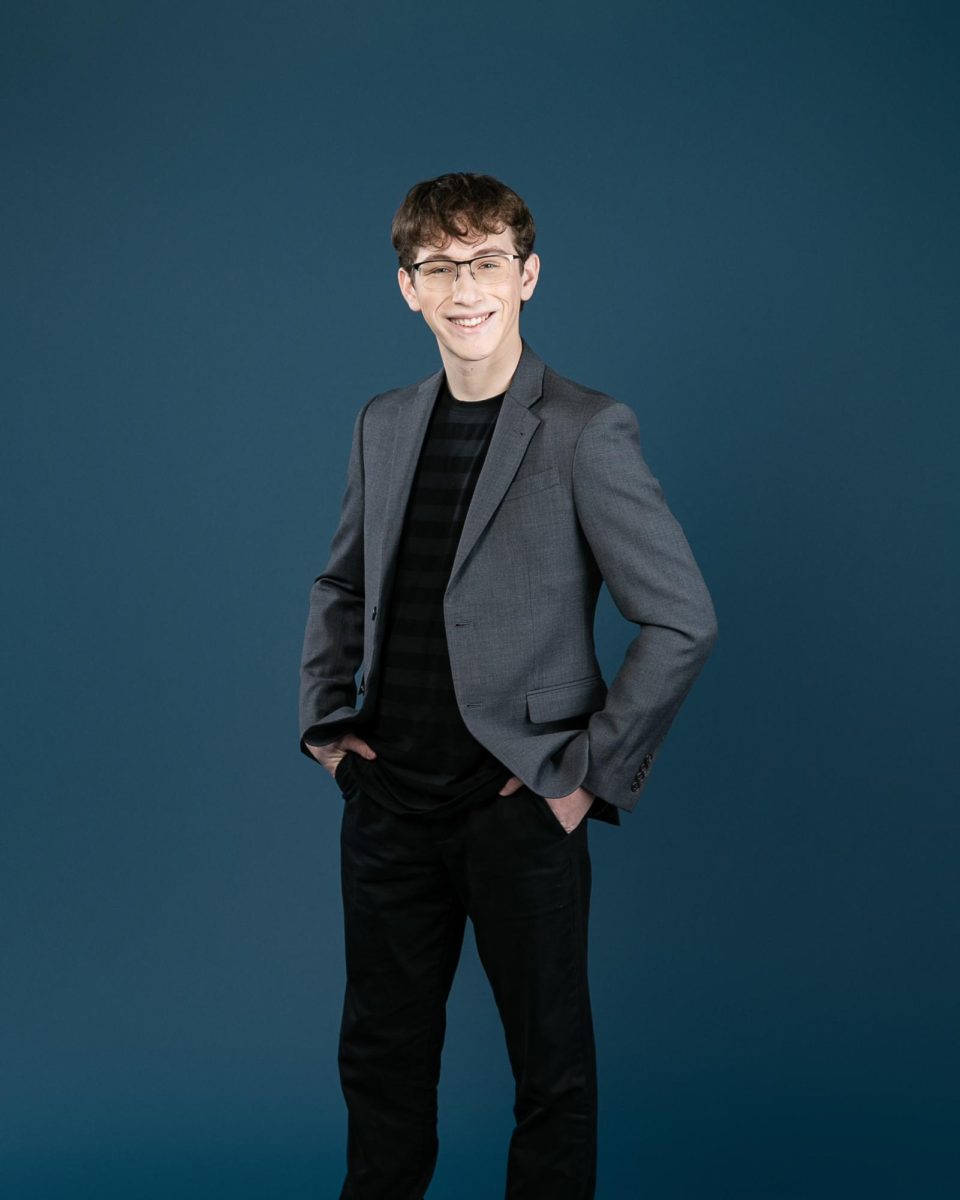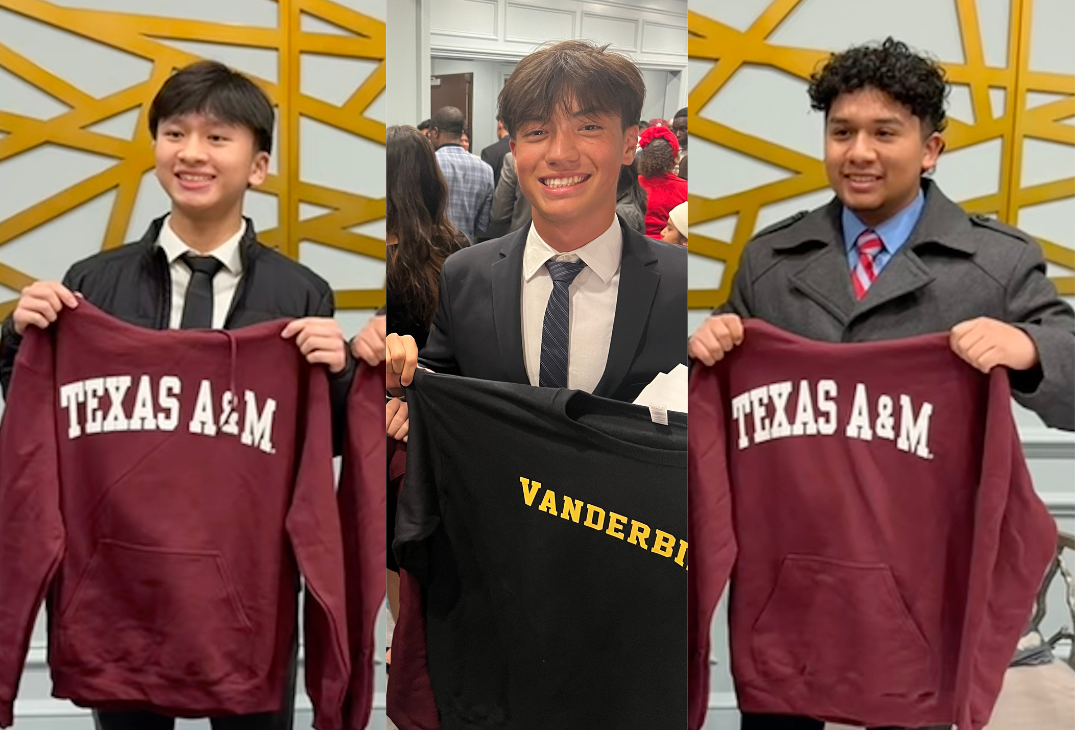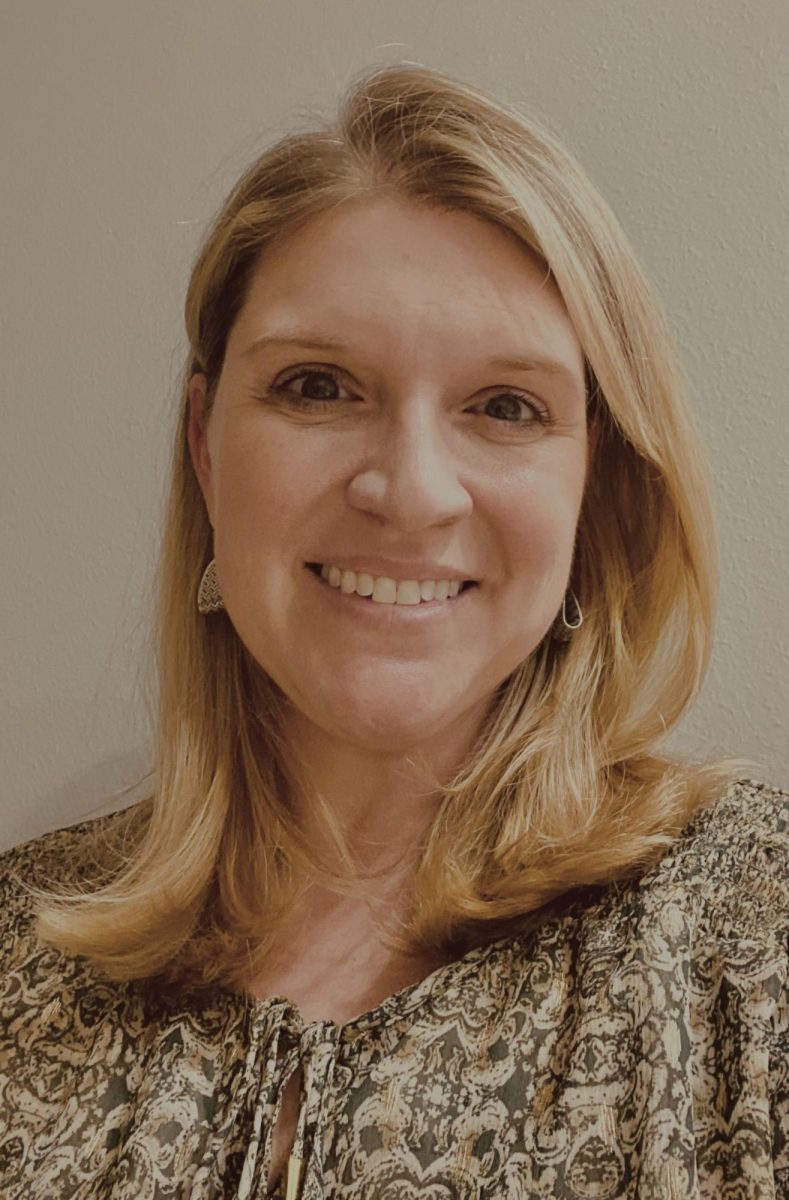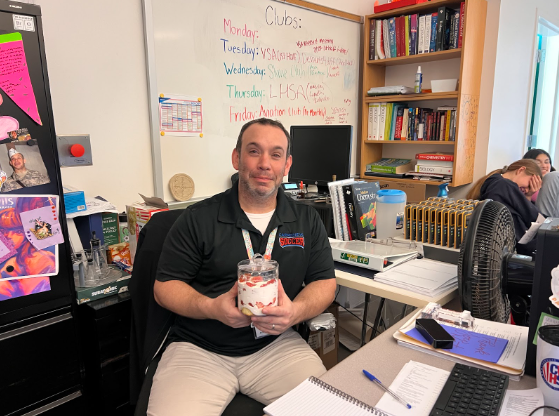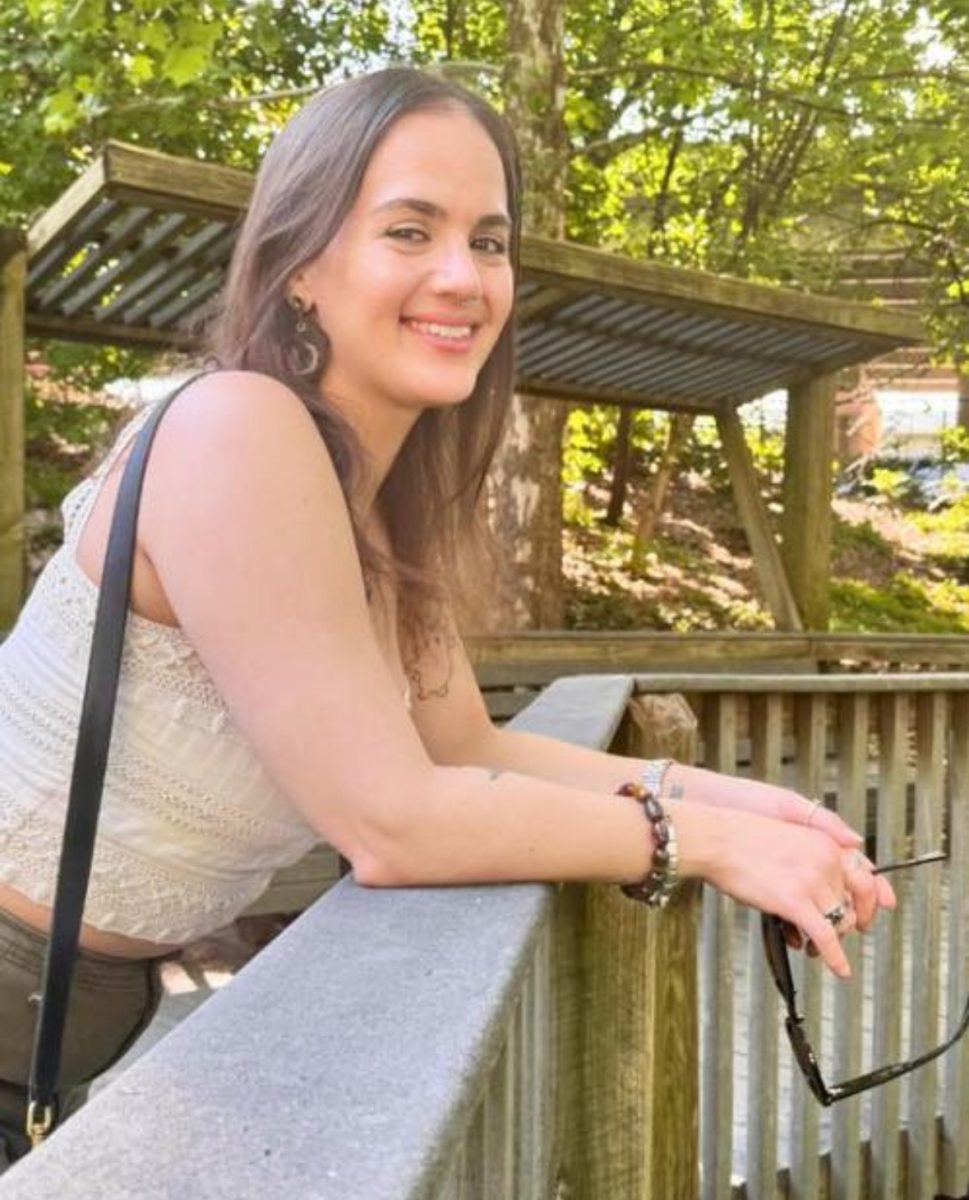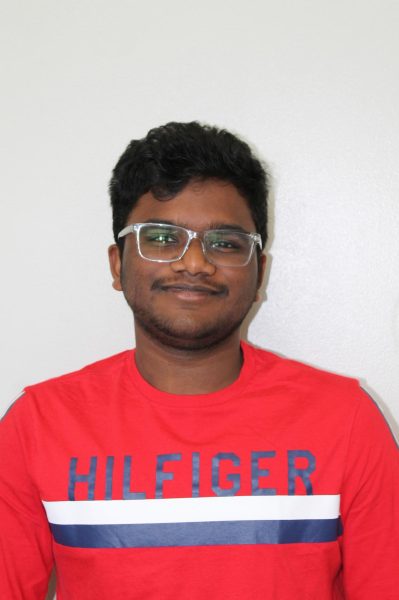Curled up on the floor, a 6-year-old Avaneesh Parasnis was engrossed in solving the logic puzzle with his grandfather. “Aha!” he exclaimed after solving each puzzle, with his grandfather smiling and looking on.
From an early age, it was this exposure to mathematics that shaped Parasnis’ interest in mathematics and the broader STEM field.
“My grandfather was an aerospace engineer, [my] mom had a master’s in computer science, and my dad was a chemical engineer, who then migrated into business and finance. So I definitely had my fair share of experiences engaging in math and logic when I was younger,” said Parasnis.
This support system propelled him to excel in school, particularly in mathematics placement tests, further cementing his confidence in the subject. However, Parasnis noted that traditional math education in America often emphasizes rote memorization over conceptual understanding, which he believes diminishes students’ appreciation for the subject.
“I feel like mathematics is often taught in schools as a subject of rote memorization, where you solve an ‘x’ number of steps to derive a solution to a problem. But once you gain an appreciation for it, you realize that it influences every facet of life,” remarks Parasnis.
Beyond school, Parasnis’ logical thinking was strengthened through competitive chess, which he pursued from elementary school into middle school. Chess, with its algorithmic nature, paralleled the way he approached mathematical problem-solving. Chess helped him develop the ability to analyze complex problems, an essential skill that later translated into his deeper mathematical studies.
“I started playing competitive chess in 4th grade and played for a solid 5 to 6 years. The game of chess was definitely another avenue for learning algorithmic thinking skills, and I found a lot of parallels between math and chess.”
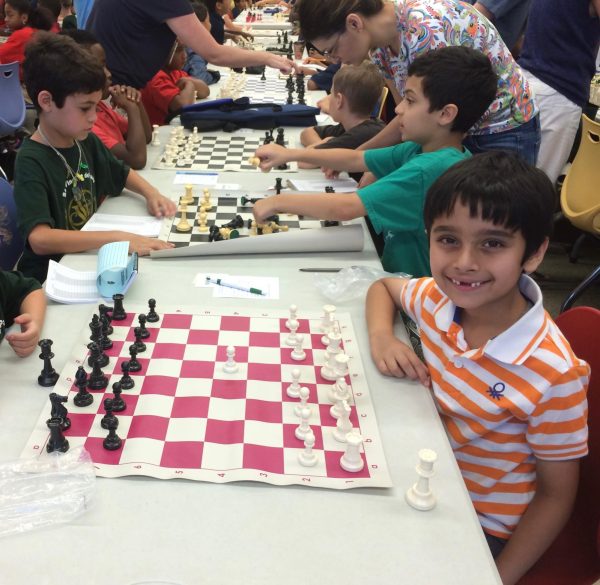
Upon entering high school, Parasnis sought to expand his mathematical knowledge beyond the classroom. He joined the Stanford Math Circle, a program that introduces students to diverse applications of mathematics through weekly guest lectures.
“Obviously a 9th grader doesn’t know exactly what they’re going to do, but I knew I had this love for math. So what I did in ninth grade was join this program called the Stanford Math Circle, where I was able to learn from mathematical experts. I learned so much about math from the circle, whether it was learning from a doctor who was using math to optimize surgeries or hearing from a Nobel Prize-winning economist about using math for auctions.”
A pivotal moment in Parasnis’ mathematical journey came during the summer after freshman year when he participated in the Texas State University Honors Summer Math Camp (Mathworks). This rigorous six-week residential program introduced him to proof-based mathematics, a foundational aspect of higher-level math. Through his courses, Parasnis was able to discover the elegance of constructing logical arguments and deriving powerful mathematical results from fundamental principles.
“Attending Mathworks was a life-changing experience. I got introduced to proof-based mathematics, where you start with one thing that you know and then extend that to a much more powerful result. This is the type of math that you learn in college.”
In addition to expanding his knowledge, Mathworks also served as an opportunity for Avanresh to interact with like-minded enthusiasts.
“We were all split into these groups, and we’d work together to solve problems relating to subjects such as number theory. It was almost like we formed this kind of math community, and I was able to make friends who were really math-inclined and who supported me. My experience helped me understand that the field of mathematics is essentially one big logic puzzle.”
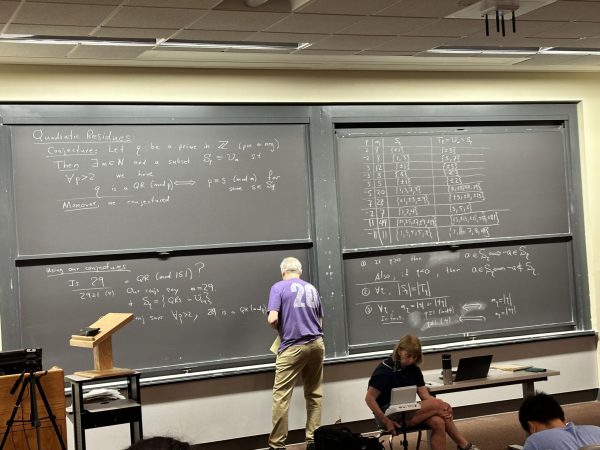
Up to this point, Parasnis had gained a deeper understanding of mathematics’ real-world relevance, but it was his involvement with the Houston Eviction Project that revealed its true potential to alleviate societal problems.
“One of my best friends during middle school faced eviction, and that really affected me on a personal level. With my newfound knowledge, I was motivated to do something, and that is what inspired me to found the Houston Eviction Project.”
Parasnis proceeded to create a website detailing eviction rates in HISD school zones. His findings showed that eviction rates had a significant impact on the learning outcomes of HISD students across all demographics.
“Using statistical analysis, I was able to show how eviction rates greatly affected attendance levels and academic performance in HISD school zones. The project showed the broad real-world implications of math.”
At Carnegie, Parasnis draws on his diverse experiences to inspire students’ appreciation for mathematics as president of Mu Alpha Theta (MAO), the school’s math honor society.
“I naturally took a leadership role in MAO because I felt that I could bring people out of their shells and foster cooperation. I realize that the most important thing a leader needs to do is to not be the star of the show but to help others reach their full potential.”
Parasnis does this by creating lectures where he attempts to prove theorems that a high school crowd could understand. For instance, one lecture was on how every Mersenne prime (primes of the form 2^n – 1) can generate a perfect number, which is a number whose proper divisors sum to the number itself. As Parasnis explains, he aims to develop critical thinking skills in students.
“Rather than rote memorization and studying steps, I want students to understand where formulae come from and how concepts can be applied in the real world.”
In addition to delivering lectures, Parasnis is also organizing math competitions where students can battle it out and test their knowledge.
So far, we’ve been organizing Jeopardy-style game sessions focused on mathematical trivia, but this semester, we’re working to launch a school-wide math competition open to all Carnegie students. Through this competition, I want students to deepen their general knowledge of mathematics while exploring its diverse concepts—just as the Stanford Math Circle did for me.”
As he continues to explore the field, Parasnis remains committed to helping students move beyond rote memorization and embrace the beauty of mathematical reasoning. His experiences have not only shaped his academic pursuits but also positioned him as a mentor and advocate for mathematical exploration within his school community.

